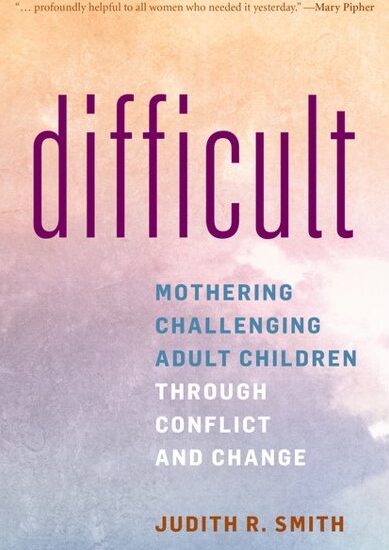 The continued rancor about Obamacare among some interest groups could provide an opportunity to improve a landmark law through subsequent lawmaking that refines elements that aren’t working as well as expected. Even people who are diehard supporters of Obamacare recognize that it doesn’t cover all people in the U.S. and that it falls short on things like negotiated pricing of pharmaceuticals. But analyzing the successes and shortcomings of existing laws requires unbiased data and whole truths.
The continued rancor about Obamacare among some interest groups could provide an opportunity to improve a landmark law through subsequent lawmaking that refines elements that aren’t working as well as expected. Even people who are diehard supporters of Obamacare recognize that it doesn’t cover all people in the U.S. and that it falls short on things like negotiated pricing of pharmaceuticals. But analyzing the successes and shortcomings of existing laws requires unbiased data and whole truths.
When Congresswoman Cathy McMorris Rodgers gave the Republican response to President Obama’s State of the Union address, she spoke about a woman from her state of Washington who reported that her insurance premium increased by $700 a month under Obamacare. New York Times columnist Paul Krugman writes today that this is misleading, at best. He links to a report by The Spokesman-Review, a local paper in the state of Washington, that interviewed Ms. Rodgers and discovered that she did not use the state health insurance exchange, even though it would have provided her with less expensive coverage. “I wouldn’t go on that Obama website at all,” she is quoted as saying. In addition, her prior plan was a catastrophic coverage plan with a low premium and $10,000 deductible. Her current insurance coverage is more comprehensive and must include free well women care–one of the important elements of the Affordable Care Act.
The Republicans have finally put forth an alternative to Obamacare. The Patient Choice, Affordability, Responsibility and Empowerment (or Patient CARE) Act would repeal Obamacare and replace it with a plan that would increase access to affordable, high quality care “by empowering individuals and their families to make their own health care decisions, rather than empowering the government to make those decisions for them.” In reality, it reduces the ACA’s restrictions on insurance companies being able to charge more for people with pre-existing conditions, allows states to opt out of requiring insurers to cover dependents up to 26 years of age, eliminates the individual mandate for insurance coverage (something that economists and others have argued is essential to reduce the overall cost of insurance by having the pool of ‘covered lives’ include healthy people who are low-end users of health care), changes Medicaid into a capped state allotment and have block grant programs for special populations (such as pregnant women and low income families), and other elements.
Are any of these ideas worth considering? Many are incompatible with the ACA, but the proposal may include some measures worth exploring. Unfortunately, when there is no space for honest, factual conversations about refining the law, the alternative to Obamacare can easily be viewed as a ruse to continue to oppose the most significant single piece of legislation in decades. The opposition would have more credibility if they insisted on using data and anecdotes that are true and undistorted.
Diana J. Mason, PhD, RN, FAAN, Rudin Professor of Nursing








